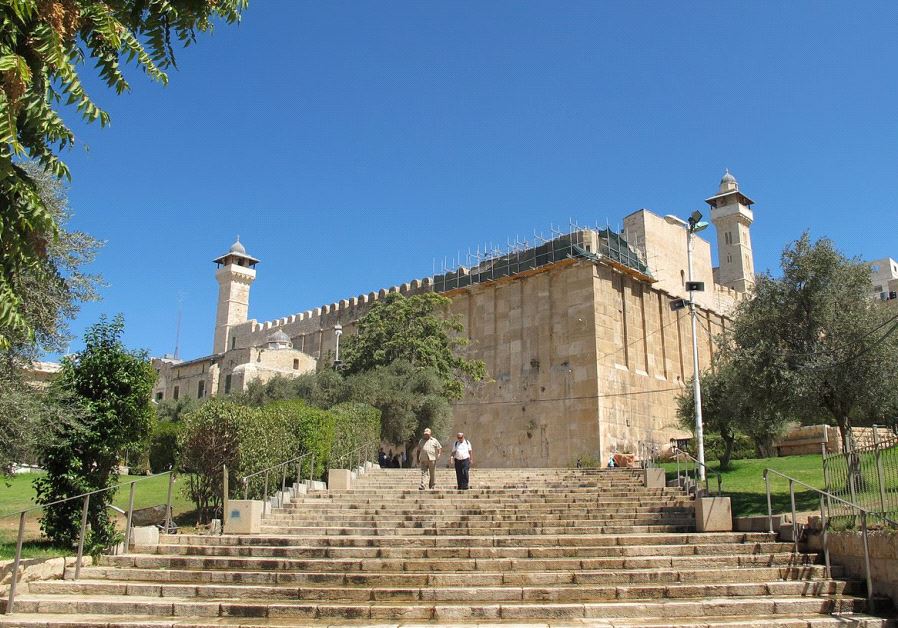Palestinians to claim Tomb of Patriarchs on UN World Heritage List
The World Heritage Committee on Thursday publicized the list of 35 sites that it plans to consider inscribing, including Hebron.
 Cave of the Patriarchs in Hebron(photo credit: OOMAN/WIKIMEDIA)Updated:
Cave of the Patriarchs in Hebron(photo credit: OOMAN/WIKIMEDIA)Updated: